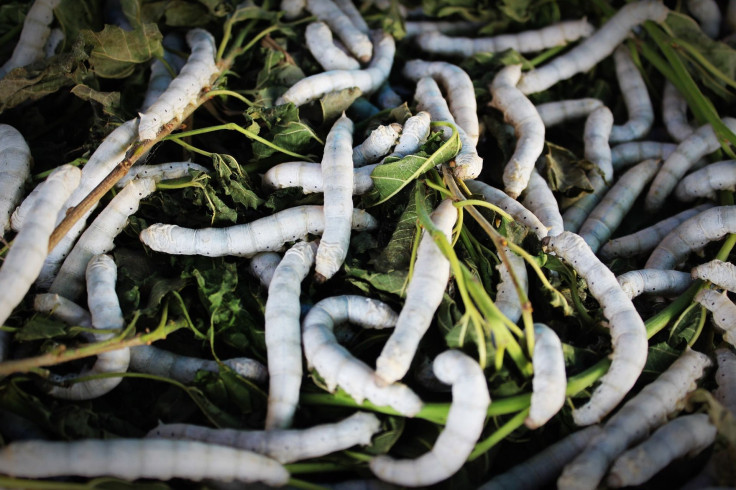Eating Ants, Grasshoppers Might Protect Against Cancer, Study Finds

Grasshoppers, ants and silkworms could soon be a part of a regular diet as these insects are likely to protect a person against cancer, according to a study.
The study stated that these insects are rich in antioxidants, which is an important component for reducing the risk of cancer.
Antioxidants are known for its role in reducing the chemical reactions in a person’s body that can produce free radicals. These free radicals are believed to be an important element in increasing the risk of cancer.
The free radicals produced through the chemical reactions in the body are also associated with the chances of raising the risk of several chronic illnesses, like diabetes and cardiovascular illnesses.
The best way to keep these illnesses away is by focusing on antioxidant-rich diet. Though many fruits and vegetables are rich in this compound, some of them have poor carbon footprints. Food scientists believe that people in the western countries may have to include insects in their diets in the future to keep diseases away.
So, a group of researchers from the University of Rome tried to find out the different types of invertebrates that are rich in antioxidants.
In the study that was published in a journal called Frontiers in Nutrition on Monday, the scientists tested some of the commercially available edible invertebrates and insects. They tested the antioxidant levels of each of them with the help of different measures.
Before testing the samples, the researchers removed all the inedible parts, including stings and wings. Then, two body parts of each of the species were extracted and tested separately.
At the end of the study, the scientists found that herbivorous insects were rich in antioxidants compared to carnivorous. According to them, some of the insects have the antioxidant capacity that is similar to olive oil or orange juice.
The researchers also found that silkworms, grasshoppers and crickets have the highest capacity of antioxidants. Their antioxidant levels are much higher than orange juice.
The scientists further said that giant cicada, silkworm’s fat-soluble extracts and African caterpillars have two-fold higher than olive oil, which is another item recommended by food scientists to reduce free radicals.
The study even stated that mealworms, black ants and grasshoppers are high in polyphenols, which are micronutrients rich in antioxidants.
“At least two billion people - a quarter of the world’s population - regularly eat insects. The rest of us will need a bit more encouragement. Edible insects are an excellent source of protein, polyunsaturated fatty acids, minerals, vitamins and fiber. But until now, nobody had compared them with classical functional foods such as olive oil or orange juice in terms of antioxidant activity,” lead researcher Mauro Serafini said.
“In the future, we might also adapt dietary regimens for insect rearing in order to increase their antioxidant content for animal or human consumption,” the researcher added.
© Copyright IBTimes 2024. All rights reserved.





















